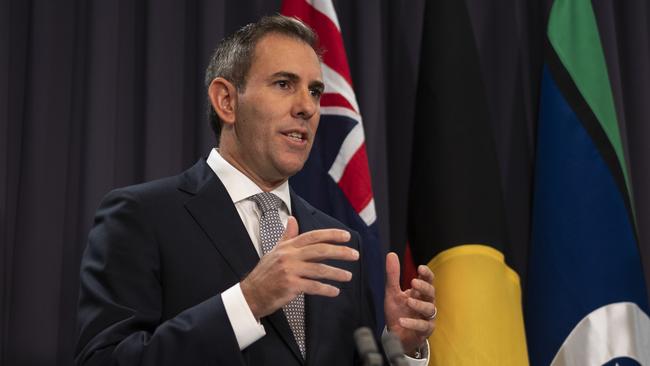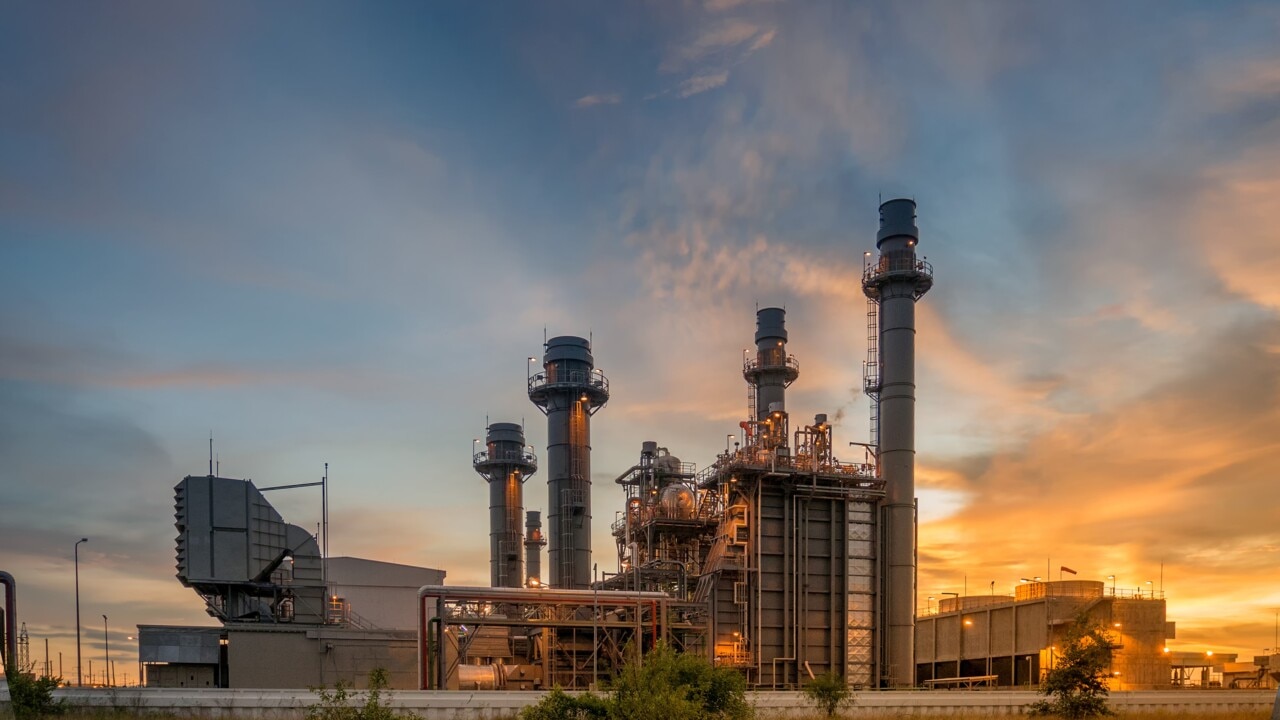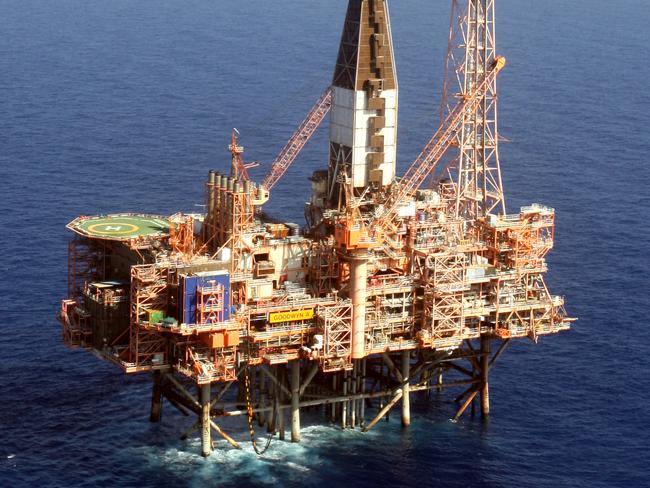Australia losing only competitive advantage in gas through tax hike
Labor’s petroleum tax hike could prove the ‘death knell’ for projects, and has added to a string of policies that have made the nation less competitive, a leading gas analyst says.

Labor’s petroleum tax hike could prove the “death knell” for projects, including Woodside Energy’s $30bn Browse gas project in Western Australia and has added to a string of policies that have made the nation less competitive, a leading gas analyst says.
The Albanese government plans to introduce a 90 per cent cap on the use of deductions that can be offset under the petroleum resource rent tax from July 1, which will bring forward more revenue from the nation’s offshore LNG projects sooner.
The gas lobby on Sunday urged a “bipartisan approach” to any reforms to the PRRT, which Jim Chalmers says will make the system fairer.
The Greens have hit out at the government’s “minimalist reforms” and opposition Treasury spokesman Angus Taylor said the Coalition wanted to see more detail.
But Credit Suisse said Labor’s new tax hike will help to lose the country’s competitive advantage in gas.

“The PRRT changes are not happening in isolation, but as part of an assault on the gas sector across multiple fronts, including price fixing, export controls, and restricting approvals,” Credit Suisse analyst Saul Kavonic said.
“As policy keeps changing, with several adverse policy changes under way across east coast pricing, approvals, and now the gas tax regime, Australia is losing its only competitive advantage in gas, and also putting at risk investment in other sectors.”
Unsanctioned projects such as Browse, Australia’s largest untapped conventional gas resource, may be under threat from the clampdown along with other offshore WA projects, Mr Kavonic said.
Still, Woodside’s North West Shelf LNG plant is not affected by the PRRT changes and the company said it was already a major Australian taxpayer.
“Woodside is already a significant Australian taxpayer: we paid $2.7bn in Australian tax and royalties in 2022, including $720m in PRRT. We also spent $US3.6bn on goods and services from Australian suppliers in 2022. We pay our way,” a spokeswoman said.

“We will continue to engage constructively with the government on ways to support a functioning market and a positive investment climate for industry to deliver the energy Australians need.”
Legislation will be required to pass the parliament in order for the changes to take effect, meaning the government must win over the opposition or the Greens and two other Senate crossbenchers.
Australian Petroleum Production and Exploration Association chief executive Samantha McCulloch said the overhaul would ensure more revenue flowed to the budget earlier from offshore LNG producers while providing certainty for industry as it considers future investments. She said bipartisanship would be important.
“Of course, it will need to be considered in terms of the cumulative impact of a raft of changes, reforms, interventions (and) approvals delays,” Ms McCulloch said.
The changes to the PRRT were announced in response to the Treasury gas transfer pricing review.
The Treasurer said of the three reform options put to him, a deductions cap would raise more revenue sooner and help secure investment.
“My message to the Greens in the Senate is if they vote against this, they’re voting for lower taxes from these projects,” he told the ABC.
“And my message to the Coalition is that every time they vacate the field on important, modest, responsible but meaningful changes like what I’m proposing today, they deal the Greens in. And that’s not something the industry wants.”





To join the conversation, please log in. Don't have an account? Register
Join the conversation, you are commenting as Logout